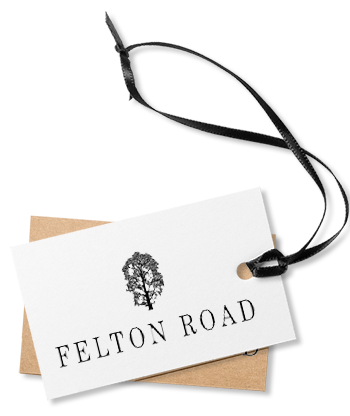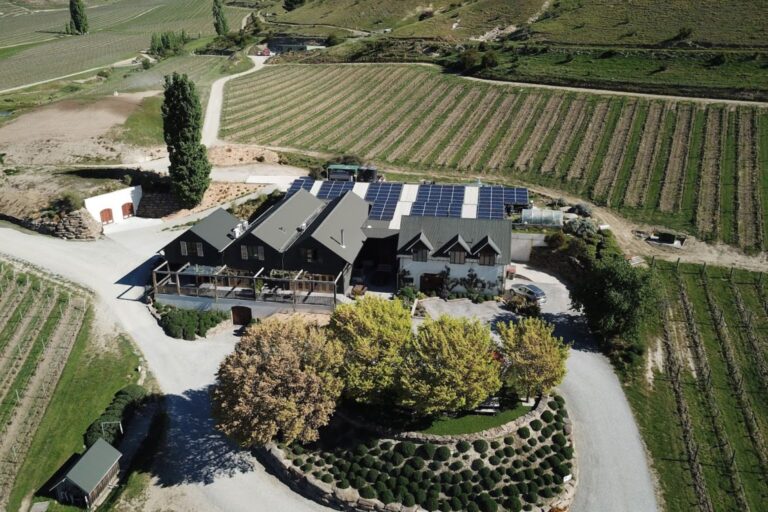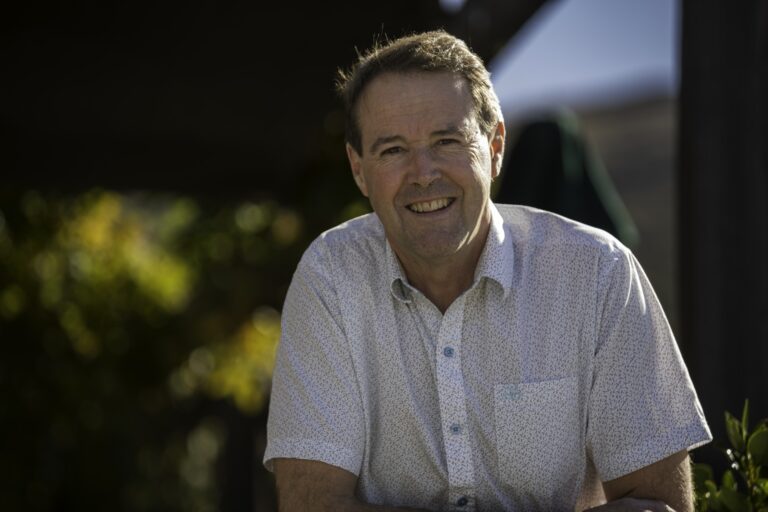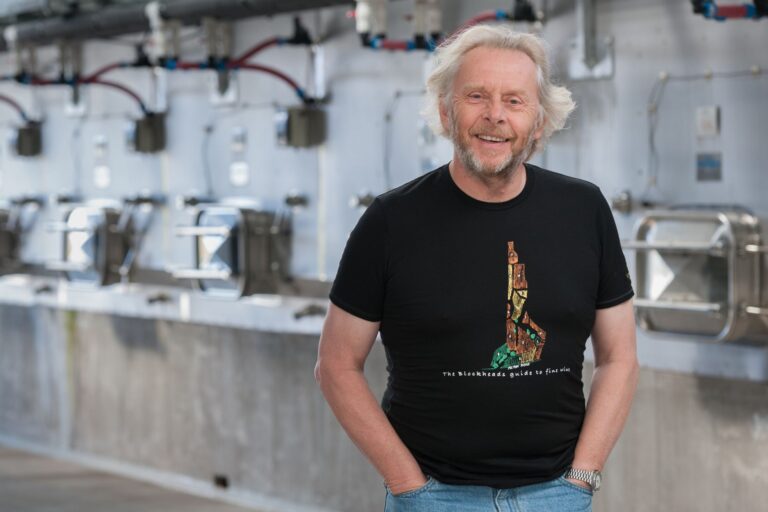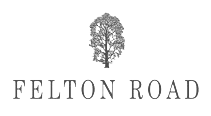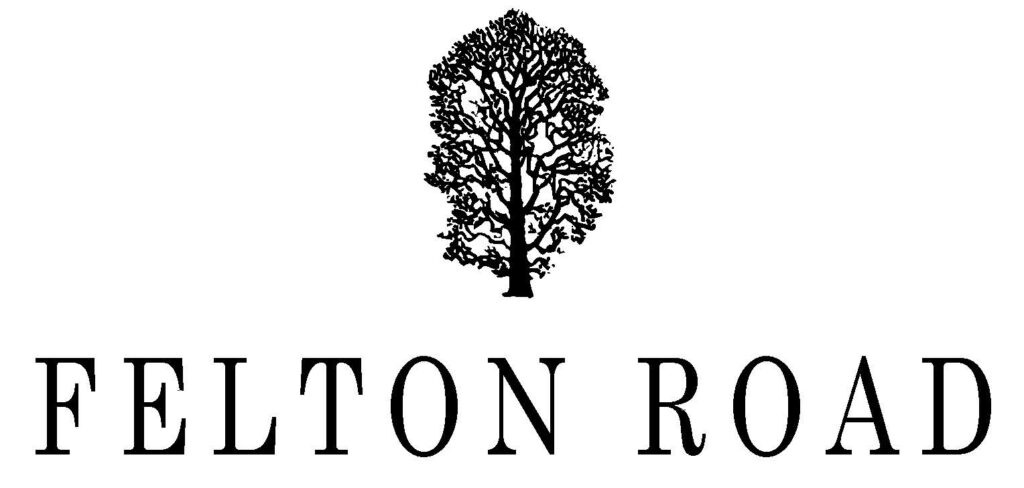For better or worse…
We can’t help it. Give us two wines and if we start to discuss them, we’ll end up saying “this one’s better”. We know at an intellectual level that we are neither qualified nor entitled to cast such verdicts but we do it anyway. We don’t qualify it by saying “in my opinion” first. It just comes out: “here’s a piece of “fact” from my System 1”, (if this confuses you, you’ll need to look at my piece last month which can be found in Reviews & Stuff, Nigel Greening’s Blog).
System 2 knows that different people will vote differently, maybe even that on another day, we might have swapped favourites. But we just can’t resist being judge, jury and executioner in one. Luckily wines don’t face the death penalty.
But this takes on quite a different turn when we make wine. Because, then, instead of a prejudicial comment on a piece of history, we move to taking action to change what is coming. Now our prejudice, our delusion, hubris, call it what you like, moves from harmless rhetoric to changing what we make.
Blair has long been deeply suspicious of certainty in his role as a winemaker. He’s not one of those who use their considerable expertise to pronounce on rights and wrongs (well, there would be a few pet peeves that get him going, but that might be best to do another time). He’d rather consider that every time he pushes a wine in a certain direction, he shuts a dozen doors… wines that might have been… and plain old mathematical odds would suggest he’s unlikely to pick the winner every time. Just as wisdom comes more from failure than from success… success may happen by accident, failure normally has a cause we can learn from… watching how a wine finds its own path to completion allows us to deduce more than taking actions. After all, we already know where those actions will take us, that is why we take the action!
Sometimes we’ll do a trial: make a subtle change to see how it “improves” a wine. Just as in the legal world, trials are far superior to the instant judgement we started discussing because we still have the control: the “unimproved” wine. So we can taste them side-by-side. Of course, we do that blind and of course, most people have a preference. After discussions, as often as not, Blair will call for a triangle test. This is the point you hang your ego on the wall and face up to your prejudice. Everybody leaves the room and an independent person pours three glasses for each person: two are the same, one is different. We don’t know which is which, or whether the singleton is the modified or original.
Now we taste the trio: can we spot the singleton accurately? Are we able to say which is which? Has our opinion changed?
If we can, or think we can, go out, re-pour and repeat. Can we still do it?
Only when we have statistical significance will Blair accept an opinion.
However, that night over dinner, he’ll still (like all of us) fall straight back to “this is the better wine”.
We can’t help it.
Nigel Greening
